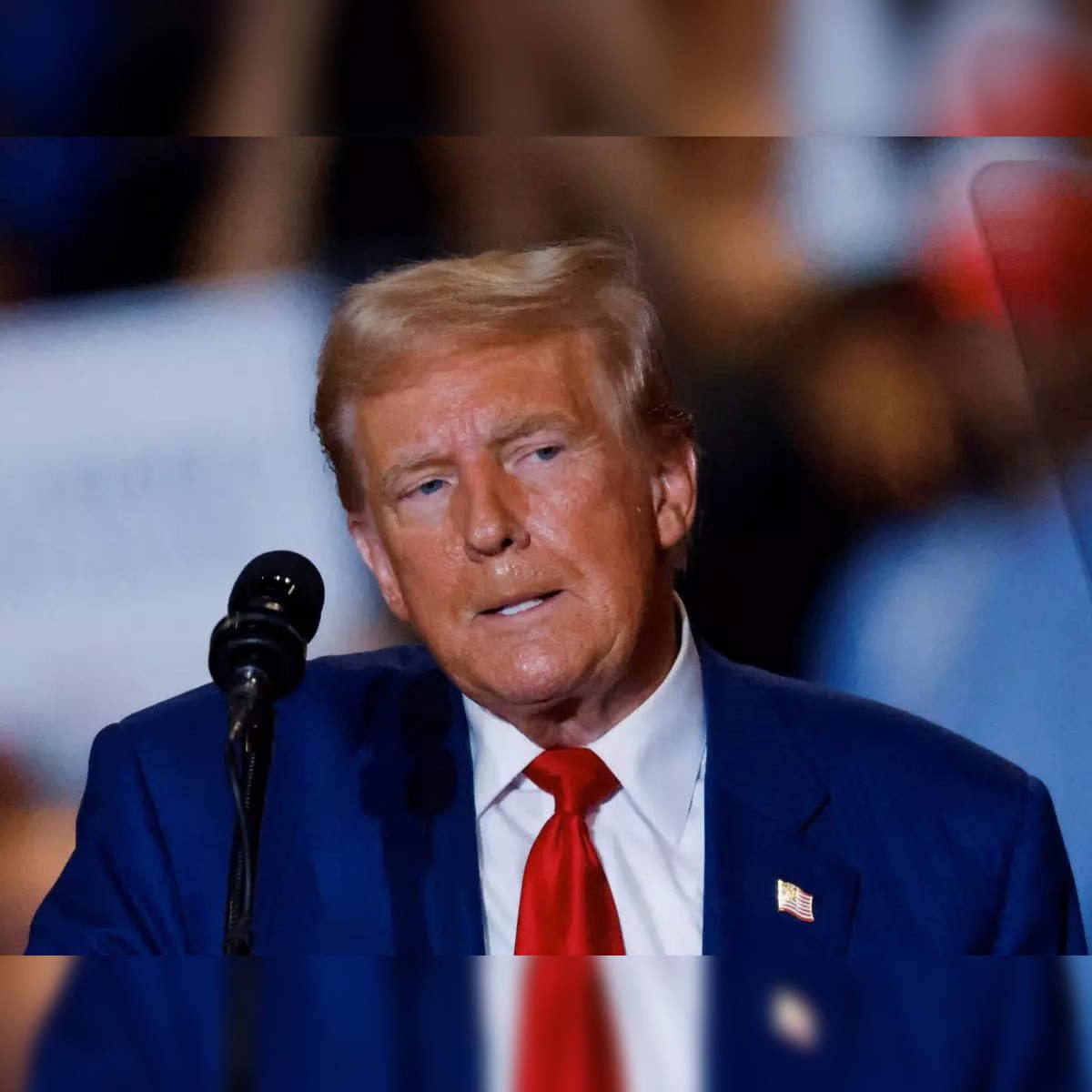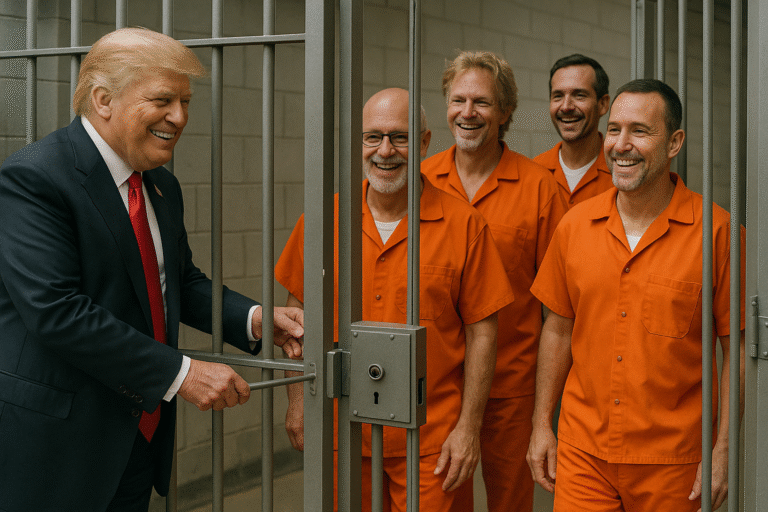“Make America Rich Again”… or Maybe Just More Expensive?
In a three-hour sit-down with Joe Rogan, former President Donald Trump proposed replacing the income tax with a radical tariff regime — essentially “taxing imports” so much that we’d no longer need to “tax incomes.” Sound simple enough? Trump seems to think so, saying tariffs are “the most beautiful word” in the dictionary, even outranking “love.” Now, that’s saying something. But if love is patient, tariffs are downright cruel to consumers who’d feel the burn at checkout.
Tariffs Aren’t Exactly “Free Money”
Trump points to the 19th century, recalling President William McKinley, the “Tariff King,” who used tariffs to fund the government and fend off foreign competition. But today’s economy is a different beast. Back in McKinley’s day, Americans weren’t glued to their Amazon accounts or addicted to buying cheap electronics shipped directly from China. Fast-forward to 2024, and this policy could hit wallets across the board, with some experts suggesting the costs would be felt directly by Americans who’d pay more on almost everything.
“National Sales Tax” by Another Name?
Critics like Vice President Kamala Harris argue that Trump’s “tariff bonanza” would essentially act as a “national sales tax,” draining about $4,000 from American families yearly in higher prices. Not exactly the patriotic bargain Trump might have in mind. Most economists agree that while tariffs protect a few industries, they come at a heavy cost to everyone else. Imported goods would see skyrocketing prices, potentially leading to less spending, higher inflation, and — ironically — fewer jobs if companies are forced to tighten their belts in response.
Historical Nostalgia: Not Always As Good As It Sounds
Trump loves the idea of restoring America’s “tariff-protected glory days,” but those days weren’t exactly paradise for consumers. The “tariff wall” of the late 1800s might have protected factories and farms, but it didn’t make Americans wealthier or life easier. And while Trump argues that tariffs alone could “make America rich,” many economists warn that extensive tariffs could spark retaliation from trading partners, triggering the kind of “trade wars” that hurt businesses and consumers alike. And the last time America tried a massive tariff regime? The Smoot-Hawley Tariff of 1930 contributed to the Great Depression — not exactly the “rich America” we’d hope for.
Why Not? — The Ultimate Question?
When pressed by Rogan on whether he was serious about tariffs replacing income taxes, Trump replied, “Why not?” It’s a fair question, but one that may warrant a closer look than a simple shrug. “Why not?” could make sense in a political rally, but turning a blind eye to the economic realities of tariffs might cost more than America is willing to pay. A question worth asking: Why not let consumers decide if they want to support American-made products? After all, competition tends to drive innovation, something a high-tariff system rarely encourages.
Final Thoughts: Be Careful What You Wish For
So, could tariffs really replace the income tax? The idea may play well to a certain nostalgia, but in today’s globalized economy, it’s more likely to leave Americans poorer, not richer. Here’s hoping we won’t find ourselves shopping with a calculator just to cover the “Tariff King’s” bill. While it might seem like a clever solution, economists caution that a tariff-heavy policy could be anything but simple.
In Trump’s words, “Why not?” Well, for one, Americans may be “making America rich again” one inflated grocery bill at a time.








